Boystown to be renamed following petition for inclusivity
Both names of the Boystown-North Halsted neighborhood are seen throughout the area.
A petition demanding for the name change of Chicago’s popular LGBTQ+ neighborhood, Boystown, concluded on Sept. 15. The petition, organized by non-binary activist Devlyn Camp, called out the exclusionary nature of the neighborhood’s well-known nickname.
On Sept. 24, the Northalsted Business Alliance released a statement that announced that the name “Boystown” would be dropped, and further marketing campaigns would refer to this area as Northalsted. The new nickname that the Business Alliance has chosen is “Chicago’s Proudest Neighborhood.”
“Systemic transphobia, racism and sexism have plagued our neighborhood for decades, and it begins at the top, with the all-male board of the Northalsted Business Alliance,” Camp wrote on the petition’s webpage. “(It) begins with the BOYSTOWN signs down our street announcing that this neighborhood is ‘for the boys.’”
Although 80 percent of the 7,890 survey respondents stated that they did not feel unwelcomed in the neighborhood because of it’s name, several members of DePaul’s queer community view this change as a step towards positive progress.
“When I first moved to Chicago, I was so excited to find out about Boystown. I had never lived somewhere with an established queer community, so naturally I was drawn to it,” said graduate student Page Gilberg. “As I spent more time there though, it became apparent that the community was only inclusive of certain kinds of LGBTQ+ people — namely white gay men.”
Gilberg wonders how effective this name change will be. The nickname has been used colloquially since the 1980s and first showed up in marketing campaigns in the 1990s. Complaints about the non-tolerant attitude towards women, people of color, non-binary and trans people, and poor people are well known but rarely acted upon by the community leaders.
Many non-male members of the LGBT have fond memories of the neighborhood, regardless of its gendered name.
“I have a meaningful relationship with Boystown, as a person who came out in Chicago and had some of my first queer experiences there,” said DePaul alumni Raechel Anne Jolie. Jolie, who identifies as a queer femme woman, graduated from DePaul’s Masters program in 2009. “I feel like this is just a small step in the work that this community has to do more broadly.”
Jolie, whose 2020 memoir Rust Belt Femme details a queer and working class experience, remembers attending her first pride parade in Northalsted. Although most of her associations with the neighborhood are positive, she acknowledges that there were certain experiences that made her feel unwelcome.
“I don’t really mind it being called Boystown,” says Reese Craig, a junior attending the Theater School. Craig feels that this neighborhood is one of the only places in which he is accepted and understood as a non-binary individual.
“I do notice that all of the bars, clubs, sex-shops and resource centers have an overall male-dominated feel.” Craig says. “There are no spaces for gender non-conforming, queer or lesbian women.”
While the Chicago neighborhood Andersonville is known for several lesbian-friendly bars and businesses, it does not receive the attention, funding, or acknowledgement that the neighborhood formerly known as Boystown does.
“Having the name of this neighborhood start with ‘boys’ does not make me feel any less accepted in these spaces.” Craig said. “The neighborhood is full of trans people, bisexual people, non-binary people. Even though establishes only market towards gay men, that is one of the only areas that I feel comfortable being my fullest self.”
The general consensus is that the issue is not that the neighborhood’s moniker is gender-specific, but that the community itself has had a slow process in combating the racist, sexist, transphobic and classist sentiments that exist there. The Northalsted Business Alliance is removing the name from future marketing campaigns, but one must wonder, will calling this historically queer burough “Chicago’s Proudest Neighborhood” really fix all of the deeply rooted problems of intolerance?


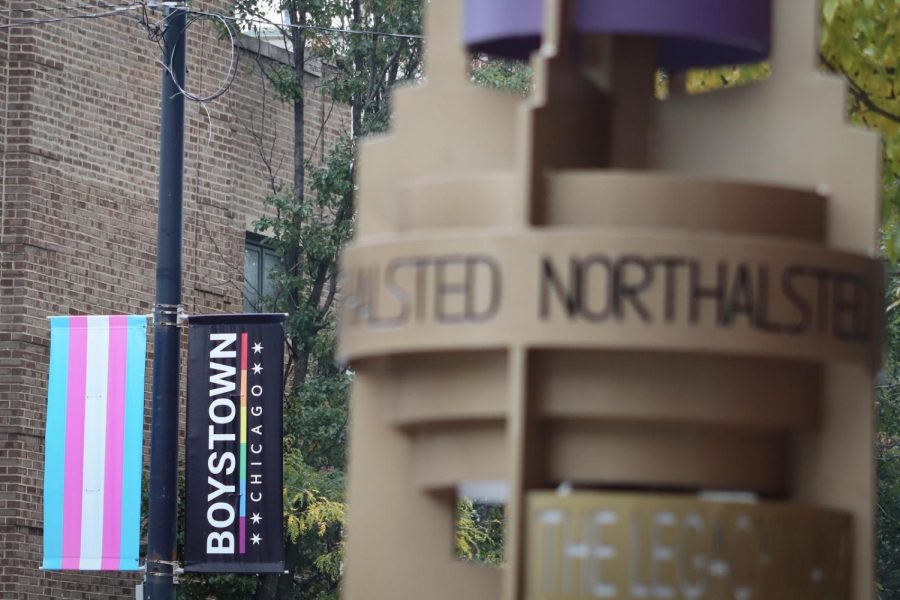
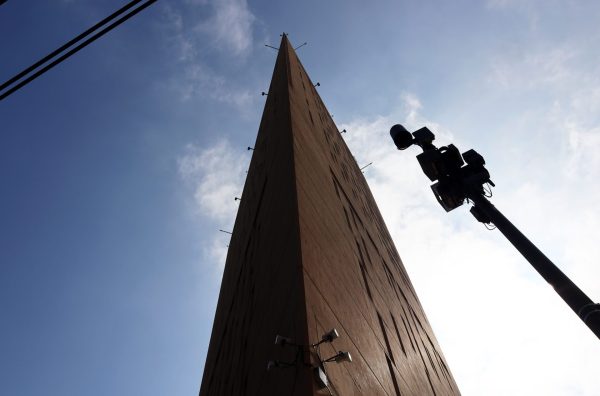
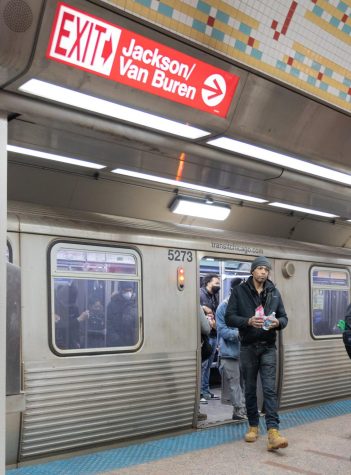
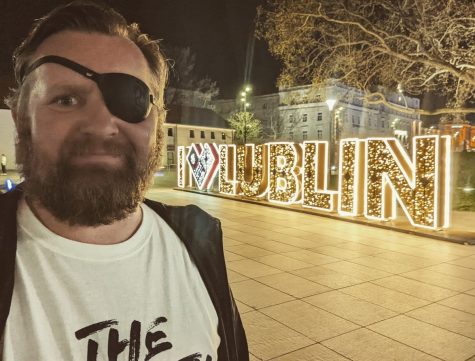
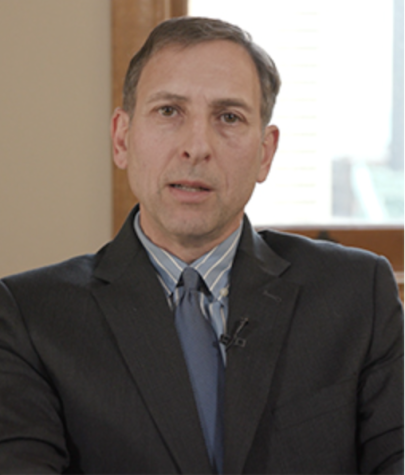
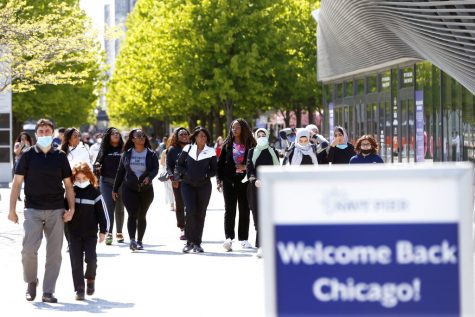





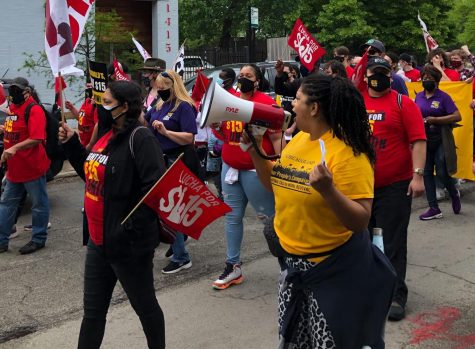

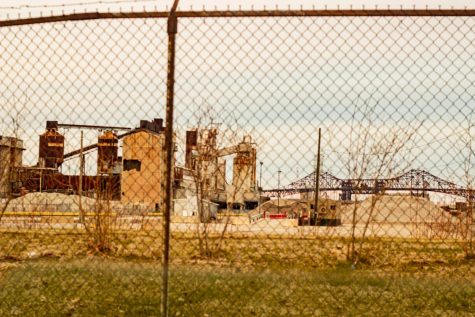
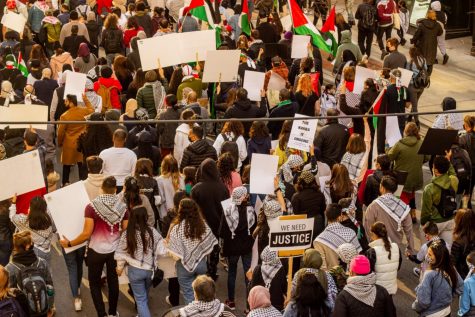
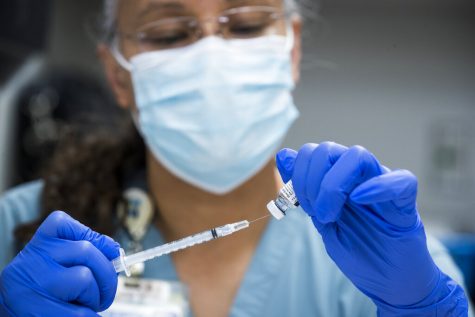
Paul Gravits • Oct 19, 2020 at 2:18 pm
We are watching the death throes of our Republic and civilization.
I am no longer sad that I am terminal.